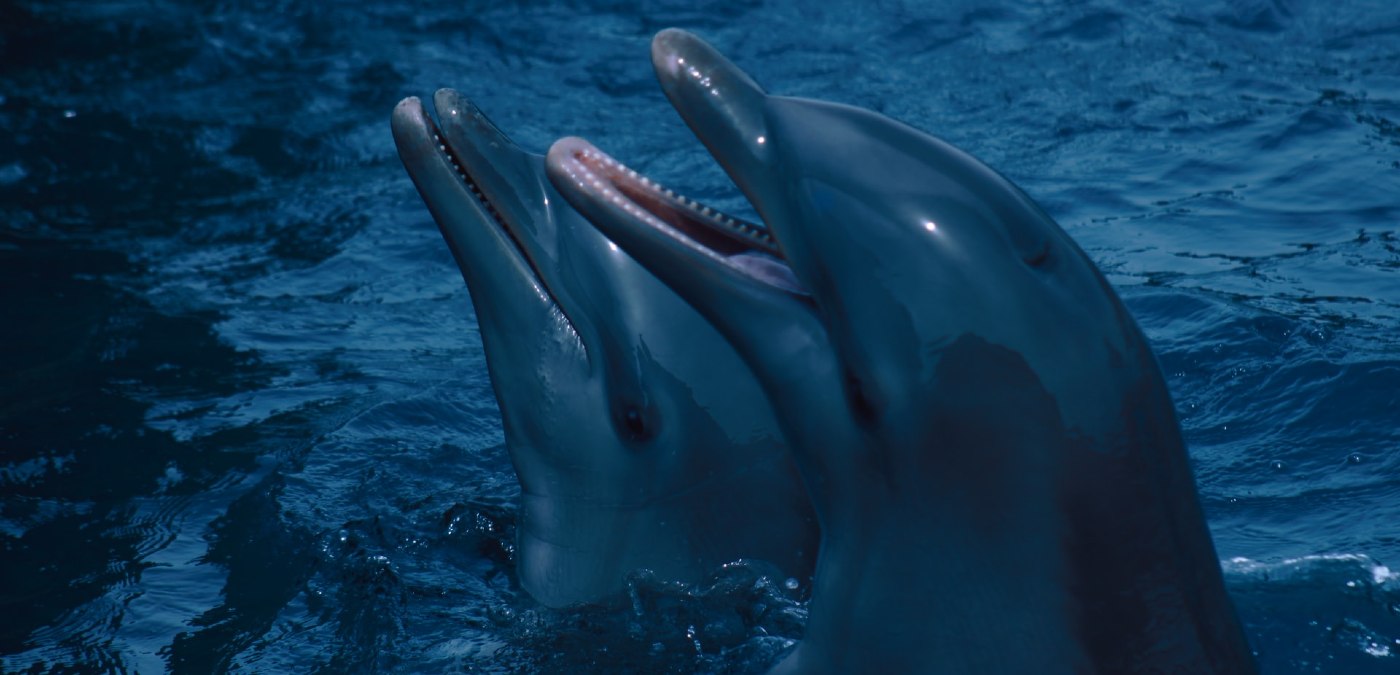If you’ve ever looked into the face of a dolphin and felt for a second that they knew who you were, it’s because they’re naturally curious and sociable in a similar way to us humans.
In a study of personality psychology, bottlenose dolphins were found to have characteristics similar to both primates and humans (as well as a few others that appear to be all their own), shedding new light on the evolutionary pressures that develop personality.
When not referring to large African mammals, the ‘Big 5’ refers to broad personality traits that tend to be shared by most intelligent animals, and are defined as openness, conscientiousness, neuroticism, extraversion, and agreeableness.
The Big 5 has been studied in chimpanzees, rats, and now dolphins—and all creatures on Earth bear some variation of these traits—with some having more demonstrative versions than others.
In the recent dolphin study, published in the Journal of Comparative Psychology, researchers looked at 134 different dolphins across eight different facilities in the world. Personality was measured in 49 dolphins using a 42-item questionnaire, and in 85 dolphins using a version of the questionnaire that included seven additional items.
Four personality traits were determined by the questionnaires, three of which are typical of both human and non-human primates: They are high openness (broadly defined as creativity or curiosity), low agreeableness (a lack of prioritizing others’ happiness over your own), and high extraversion (sociability).
Traits like this are often discussed in clinical psychology. Personality psychologists like Jordan Peterson would note that low agreeableness, found in the dolphins for example, is typical in people who ask for large raises at work, while someone with high agreeableness often has a very difficult time climbing corporate ladders.
The fourth, which the scientists described as “directedness,” was unique to dolphins, and seemed to be a mix of high conscientiousness, a trait that tends to be high in people like entrepreneurs, and low neuroticism.
Lastly, unlike other primates but quite like humans, dolphins lacked a strong dominance domain.
Researchers aren’t certain why the Big 5 evolved, and extending their field of study into more and more animals will help evolutionary psychologists perhaps determine how far back along the evolutionary track such traits developed.
RELATED: Watch Amazing Video of Dolphin Baby Being Born
Dolphins diverged from other mammals 95 million years ago, which allows evolutionary psychologists to place the application of big 5 personalities at least that far back. They now also know the evolution of these characteristics can occur despite broad differences in environment, like living on land or in water, and in social organization.
SPLASH the Good News on Your Friends’ Social Feeds…




















